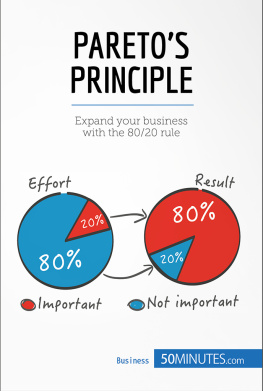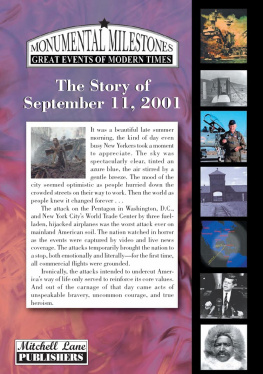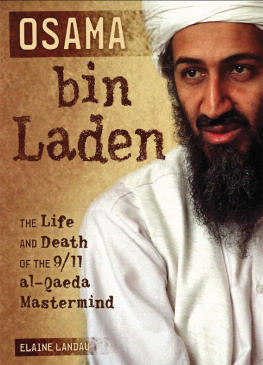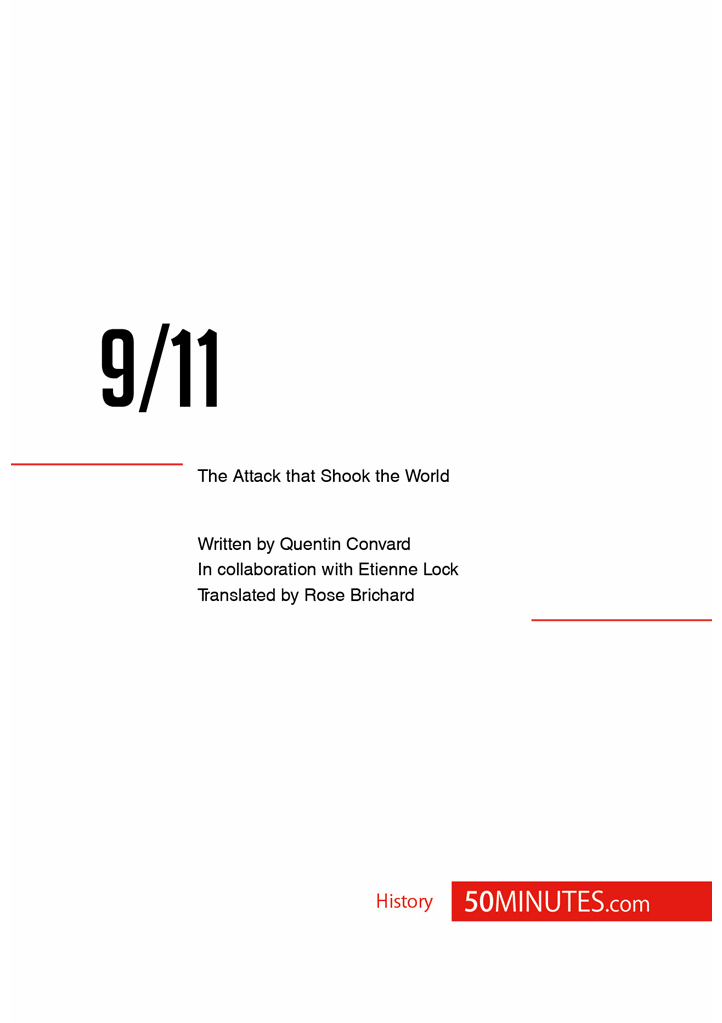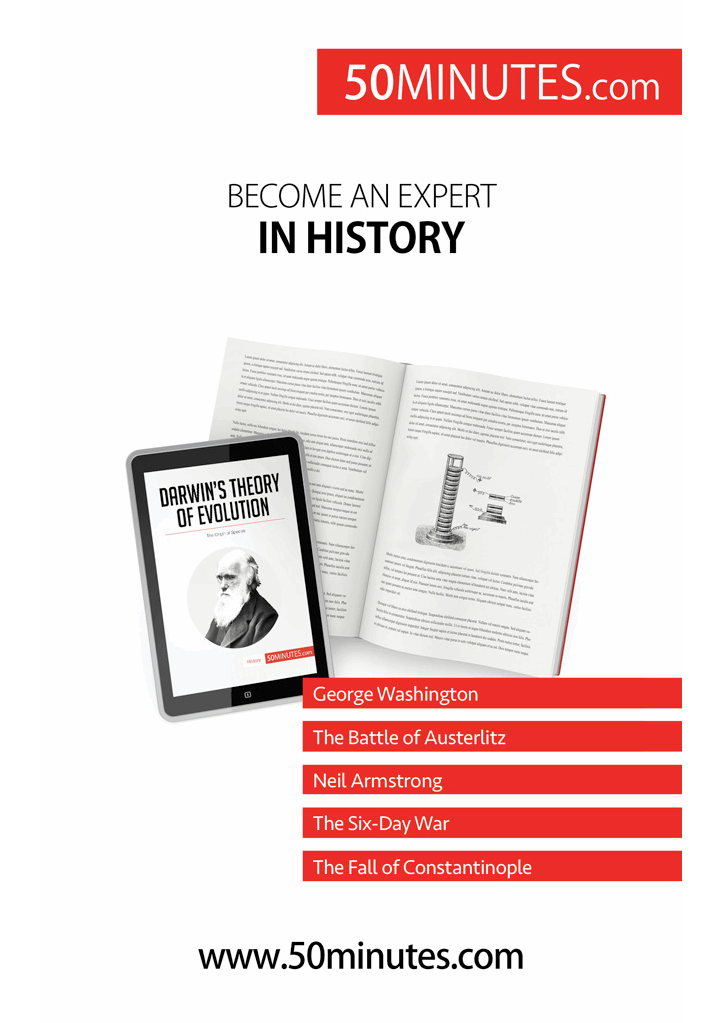On 11 September 2001, the entire world was shocked to discover the news of a series of attacks on American soil. With no apparent warning on one fateful Tuesday morning, nineteen terrorists hijacked four flights and crashed them almost simultaneously into the World Trade Centre, the Pentagon and a field in Shanksville, Pennsylvania. Two hours later, the Twin Towers collapsed, bringing down with them two other nearby buildings that had not been targeted by the planes. Official figures place the death toll at 2976 victims and 19 hijackers.
This was not the first time that America was subject to an insurmountable attack by a foreign enemy. The Pearl Harbor attack by the Japanese in 1941 or the USSRs launch of Sputnik in 1957 had already seen both American hegemony and the countrys image weakened in the past. However, 9/11 marked the first instance of an enemy attack on American soil. In the space of twenty minutes, the USA came hurtling into the 21 st century and landed with a resounding thud.
Political and social context
A contested election
The USA was attacked by al-Qaeda on 11 September 2001, just a few months after George W. Bush had entered the White House. He had emerged victorious from the election which pitted him against Democrat candidate Al Gore (born 1948), the former vice president under Bill Clinton (born 1946). The election was something of a saga, full of scandal and dramatic twists. In November 2000, the day after the vote, Bush seemed to have won the vote in Florida with the incredibly narrow majority of just 500 out of 5.9 million votes cast. Gore quickly raised concerns about various irregularities during polling, giving rise to legal and political controversy as authorities tried to establish who exactly had won; the winning candidate in Florida would be the next President of the United States.
35 days after the vote, five Supreme Court judges, appointed by George Herbert Walker Bush (born 1924) and Ronald Reagan (1911-2004), ruled in the Republican candidates favour. Therefore, George W. Bush succeeded Bill Clinton as president thanks to 271 electoral college votes versus Al Gores 267. The population remained calm amid this electoral chaos, however the election served to illustrate the weaknesses embedded in the American democratic system. Throughout the deliberations, the tension was palpable, not only with regards to the candidates themselves but also those close to them. When the former Texas governor arrived in the White House, it was certainly not an undisputed victory. Furthermore, the Senate was divided between the two parties, with the Republicans having just one more senator than the Democrats. As such, Bush found himself faced with a dilemma - should he concentrate on reuniting a divided nation or instead seek to strengthen Republican dominance? In any case, he was left little time to reflect on such a question, with the shocking interruption of the 9/11 attacks becoming the key factor shaping the policies of his administration.
The war on terror
While the 9/11 attacks caused shock and terror due to the cruelty involved and the fact that they happened on American soil in such a spectacular manner, Islamist terrorism was not something new for the American intelligence services. In fact, it had already been one of the major talking points of the 1996 presidential election. When re-elected, Clinton announced that he would place greater emphasis on the fight against terrorism than any president before him. He did so by introducing two laws - the Antiterrorism and Effective Death Penalty Act and the Migrants Responsibility Act. While the size of the CIA as a whole had been decreasing since 1993, the National Counterterrorism Centers staff numbers doubled, allowing them to thwart several potential attacks.
The 1990s were punctuated by numerous terrorist incidents, such as attack on the World Trade Center in 1993 and on the Khobar Towers (Saudi Arabia) which housed American soldiers in 1998. Newly emerged from the Cold War, America found itself facing the unfamiliar world of Islamism and the new powers arriving on the international political scene which could challenge its global hegemony. Pakistan and Indias nuclear testing in 1998 can be viewed as a failure of international policies of non-proliferation, something of key importance to the USA. In August of the same year, the US embassies in Kenya and Tanzania were attacked, killing more than 300 people and injuring 4000 more. These terrorist tragedies echoed the 1993 attack on the World Trade Center and the attack on American military bases in Saudi Arabia in November 1995 and June 1996.
The 1993 attack on the World Trade Center
On 26 February 1993, a car bomb exploded in the World Trade Centers Tower 1 basement. Al-Qaeda - the organisation blamed for the attack - was aiming to destabilise the North Tower so it would crash into the South Tower and thus kill thousands of civilians. While the operation failed in this objective, 6 people did die and several hundred others were injured. The man at the heart of the operation was Ramzi Youssef (born 1967) who fled to Pakistan hours after the explosion. Khalid Sheikh Mohammed, who had provided funding for this bombing, was also to be a key figure in the 9/11 attacks.
Following these tragic events, the US became more and more aware that their politics and ideology were contested and being targeted by certain Islamist movements, most importantly al-Qaeda and Osama bin Laden, its mentor.
The threat posed by bin Laden
While most American citizens first saw Osama bin Ladens face in the aftermath of 9/11, he was well-known to the CIA and the FBI, who had considered the millionaire as a priority target since the second half of the 1990s.
Bin Laden was known to harbour strong resentment towards the American army ever since the first Iraq war (1990-91). During the war, American troops sought to protect Saudi Arabia from Iraqi troops. While bin Laden, who had funded the Afghan revolution, was convinced that he could defeat Saddam Husseins (1937-2006) troops, the Saudis instead turned to America for support. A delegation of American experts under the leadership of Dick Cheney (American politician, born 1941) was sent to Saudi Arabia to convince King Fahd ben Abdelaziz al-Saoud (1921-2005) to allow the USA to tackle Hussein. As such, American troops, considered as infidels by some of the population (and by bin Laden himself), swarmed the land where the Prophet Mohammed was born. Bin Laden, who was himself growing in popularity, could not ignore this affront. He first threatened the USA in 1996 when he urged Muslims to attack and damage Americans and their interests whenever possible. He reiterated this threat several more times.
Bin Laden, who was at the time living in Sudan, had therefore been under CIA surveillance since 1995. In response to threats of Saudi terrorism, American diplomats and the secret service pressured the Saudi authorities to hand over bin Laden. He was then exiled to Afghanistan which had been recently conquered by the Taliban.







